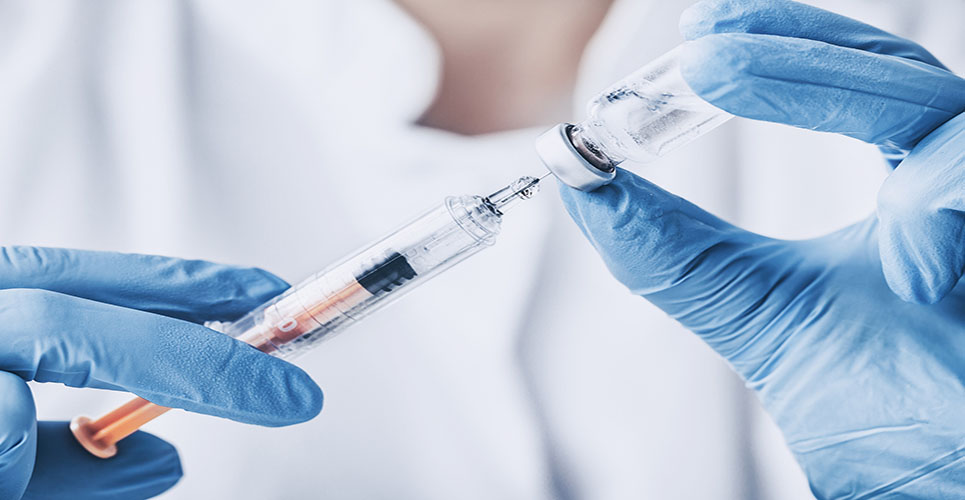The recent impact of biological drugs in the treatment of serious illnesses has had a dramatic effect on therapeutic outcomes for previously refractory conditions and created needed commercial successes for pharmaceutical companies, according to research.
A report, “Biological Drug Delivery: Drugs, Devices and Disease Therapeutics” by healthcare therapeutics consulting firm Applied Data Research found that in recent years, the number of biological pharmaceuticals reaching the marketplace has increased exponentially.
But the complex structure of these therapeutic substances require special formulation and delivery strategies, creating special challenges for drug developers and their formulation technology and delivery device partners.
Drug companies are making adjustments to address key development factors, according to the study. Cooperation between device designers and drug developers is occurring much earlier in the drug development cycle, allowing device designs in many cases to be tailored to the bioavailability targets and pharmacokinetic profiles of specific drug therapies.
The new devices – a group that includes pen injectors and dry powder inhalers – are typically patient-friendly, easing compliance concerns, which have a non-negligible effect on drug formulations and delivery decisions, and are becoming a significant factor in the prescribing decisions of many physicians.
While injection will remain the dominant route of administration for biological drugs for the rest of the decade, the recent clinical success of several alternative biological delivery methods will result in escalating interest in these areas. Work on stabilised oral formulations is also making progress, according to the report.

